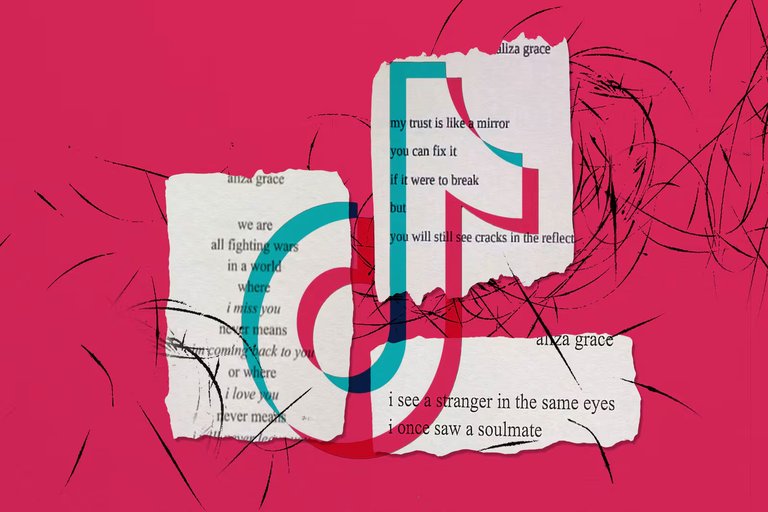TikTok and Poetry: How Gen Z in Toronto is Reinventing Expression
Young poets are blending digital platforms with live readings, creating a new hybrid art form that’s attracting publishers and followers alike.
Published: June 03, 2025 at 09:48
By: By Matteo Russo, Tundra Bulletin

In Toronto, a new generation of poets is reshaping the literary landscape by merging spoken word with social media performance—particularly on TikTok. With hundreds of thousands of views and followers, these creators are breathing life into a genre once confined to cafes and chapbooks.
Among the emerging voices is 22-year-old Zaria Khan, whose one-minute poems on love, loss, and cultural identity regularly go viral. Her TikTok feed, featuring lo-fi visuals and heartfelt delivery, has gained more than 250,000 followers in under a year. “Poetry doesn’t need a stage anymore,” she says. “It just needs a scroll.”
Khan is part of a growing movement that sees poetry not just as art, but as a form of digital resistance and community building. Many of her peers use their platforms to address mental health, colonialism, gender identity, and immigrant experiences—often tying personal stories to larger societal conversations.
Offline, these creators are also making an impact. Hybrid poetry readings and meetups are popping up in bookstores, galleries, and community centers across Toronto. Events combine open mics with live-streaming, allowing audiences to participate in person or from anywhere online.
The movement has attracted the attention of traditional publishers. A few houses are now scouting talent directly from TikTok, and some poets have landed book deals after racking up viral hits. “We’re seeing a democratization of voice that’s long overdue,” said editor Leah Davis of Maple Ink Press.
Schools are starting to respond as well. At two Toronto high schools, English teachers have added TikTok poetry analysis to their curriculum, helping students engage with literature through platforms they already understand and enjoy.
However, the scene is not without criticism. Some literary purists argue that the brevity and popularity-driven nature of TikTok may dilute the depth of poetic craft. Others question whether virality equates to literary merit.
But poets like Khan are undeterred. “This is how my generation talks. We feel deeply, we post quickly, and we don’t need permission to create,” she says. “That’s poetry, too.”
Cultural institutions are beginning to take note. The Toronto Public Library recently hosted a series of workshops on digital storytelling and invited TikTok poets to serve as guest facilitators—further blurring the lines between grassroots and establishment.
In an era where attention spans are shrinking and creative outlets are expanding, the rise of TikTok poetry in Toronto shows that literature is not just surviving—it’s evolving. And for many young Canadians, it’s speaking their language more clearly than ever before.